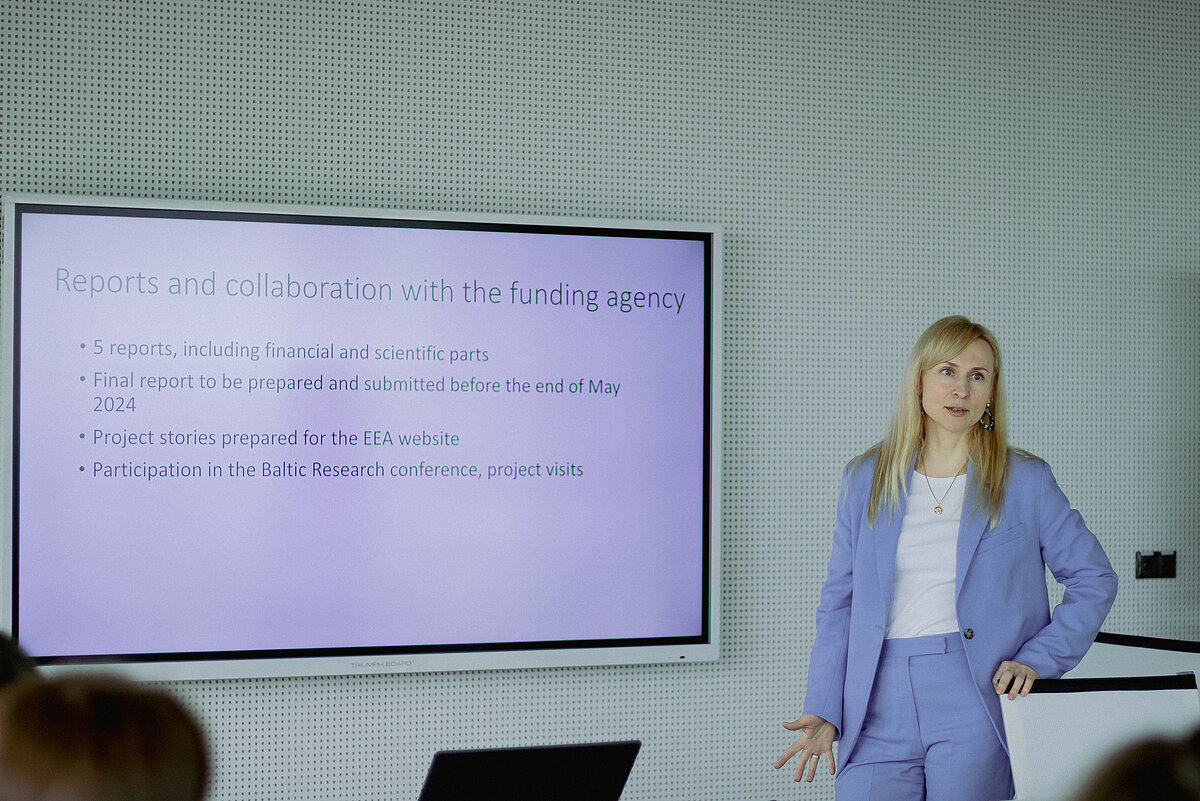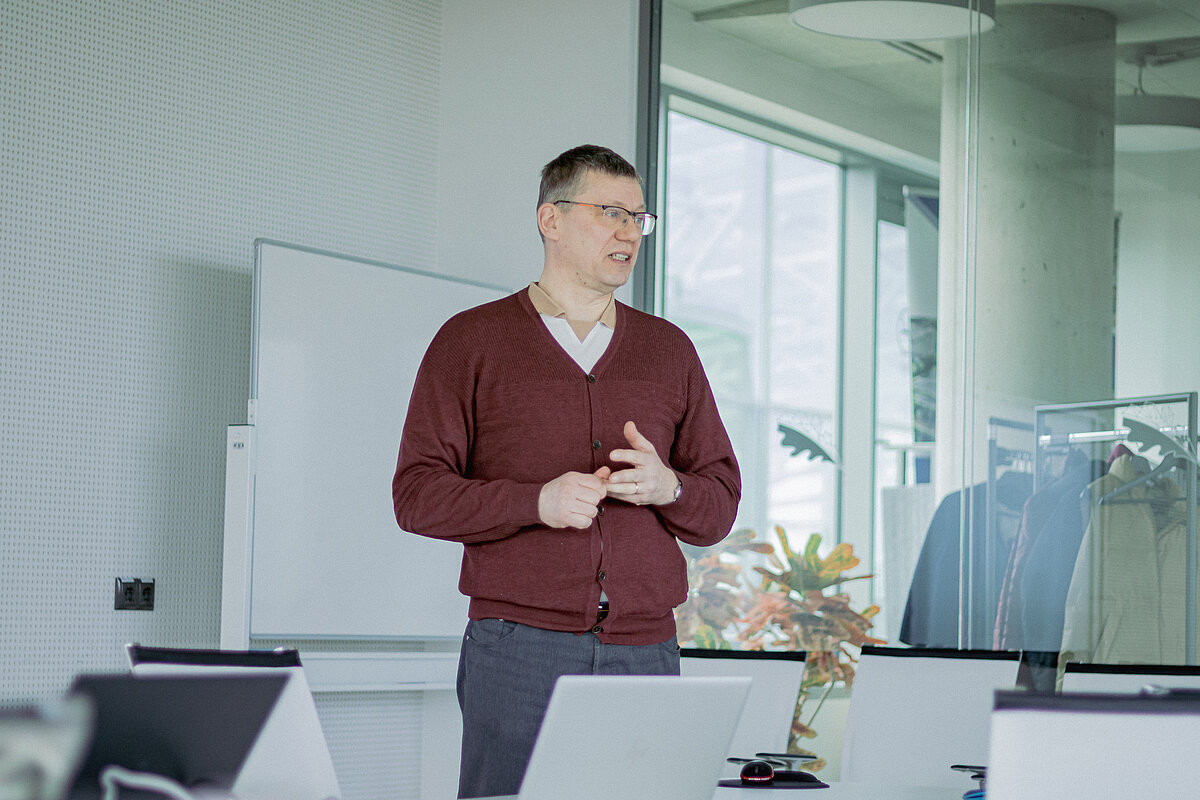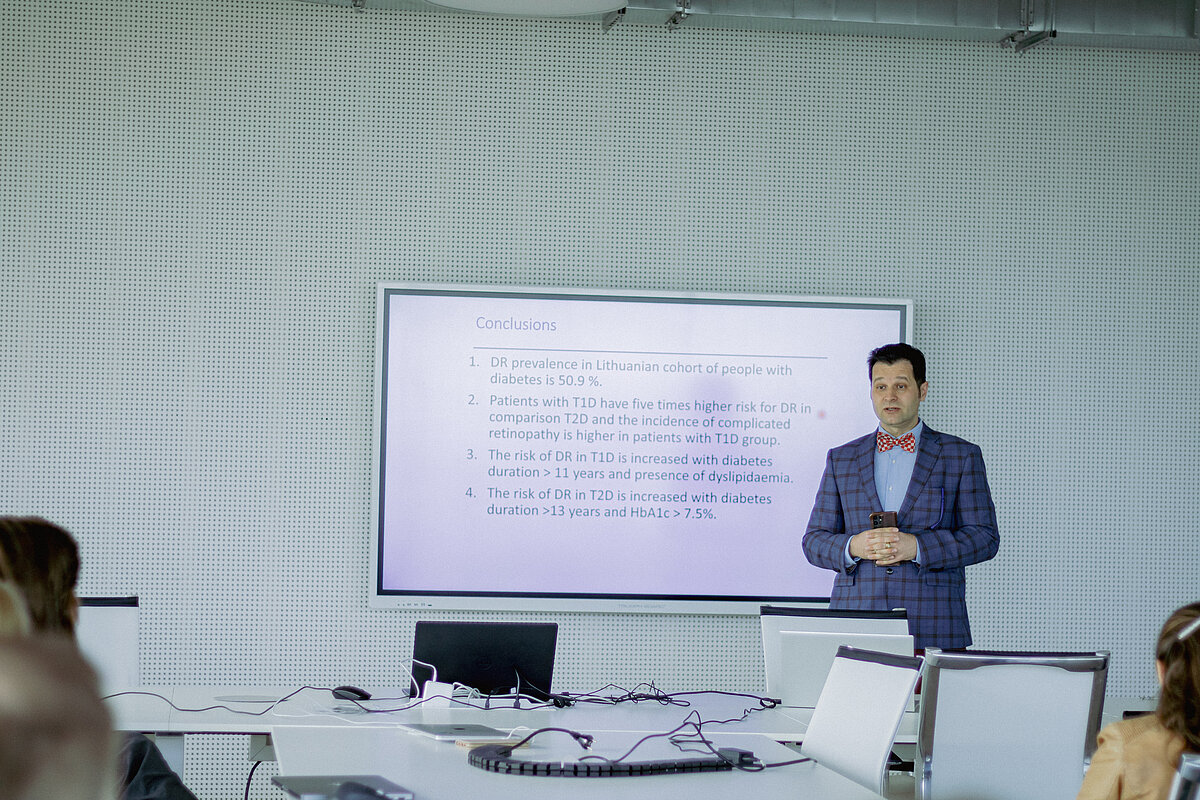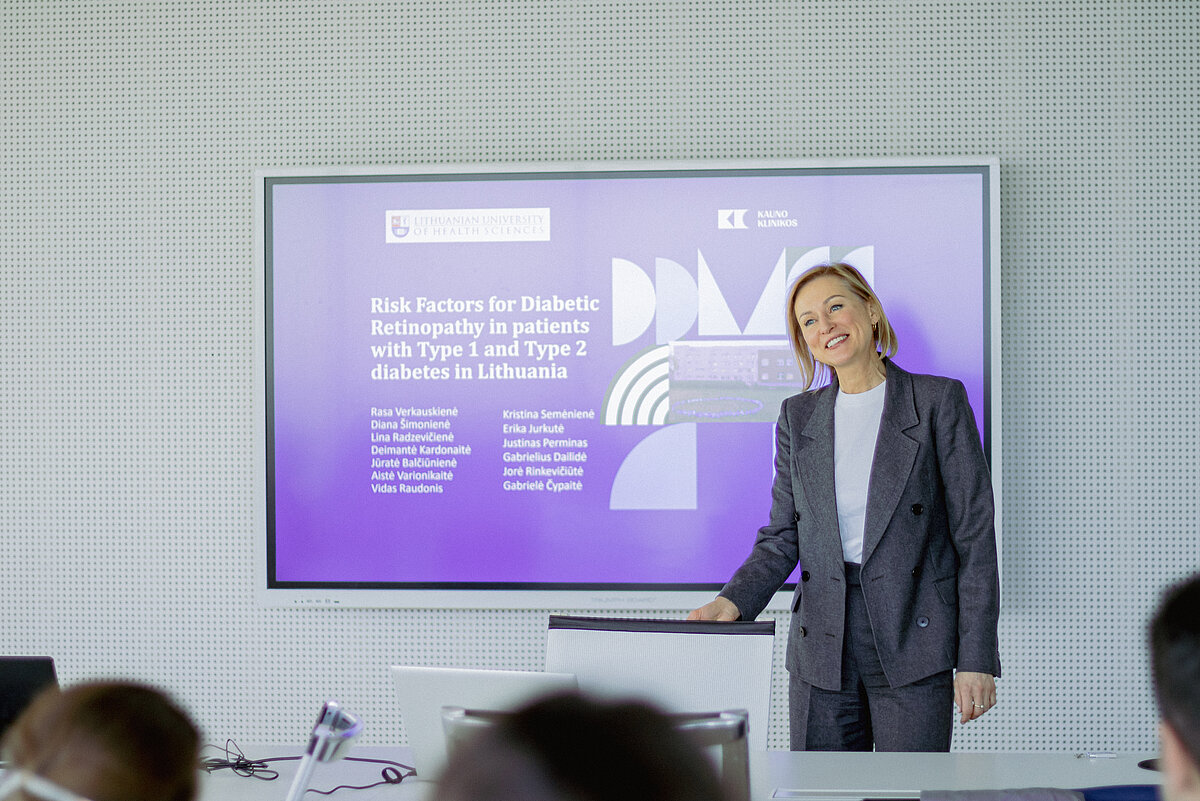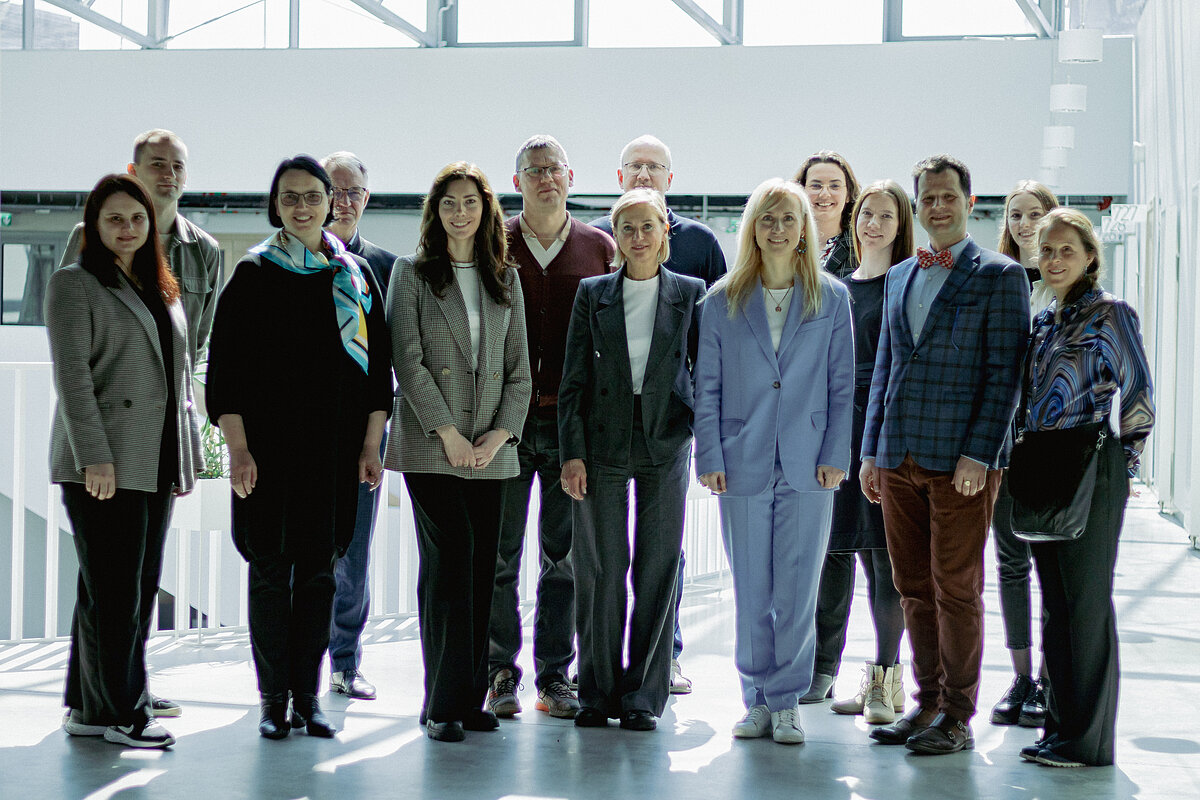
On April 26th, 2024, the closing activity of the EEA grants financed PerDiRe project (Nr.EEA-RESEARCH-60 “Integrated model for personalized diabetic retinopathy screening and monitoring using risk-stratification and automated AI-based fundus image analysis”) took place in the House of Science of the University of Latvia.
The project team reported achievements in all work packages of the project. In brief, we recruited in the project more than 500 patients with diabetes between 2121 and 2024. Patients had two project visits a year apart. They underwent a thorough ophthalmological examination along with a collection of clinical data and lifestyle factors. Of note, project activities were affected by the COVID-19 pandemic in the first year. Therefore, project data were obtained later than planned, and the analysis of the results is currently actively ongoing. The preliminary analysis of the data indicates the impact of both traditional and novel diabetic retinopathy risk factors on the severity of diabetic eye disease. For example, diabetes duration, HbA1c, and concentration of advanced glycation end products in the skin correlated with the severity of diabetic retinopathy. In contrast, arterial hypertension was not associated with diabetic eye disease. he grading of diabetic retinopathy in our project was performed by an ophthalmologist and an automated grading program based on AI. Our initial data of Norwegian data indicate a close correlation between the results of human and automated grading. In addition, automated grading was more cost-efficient in Norway. However, the implementation of automated grading is limited by the high requirements for image quality and compatibility with fundus camera models. Lithuanian partner developed a new approach to fundus image analysis during the project.
In terms of the project, many publicity events including participation in World Diabetes Day, European Researchers night, and seminars for patients and doctors took place. In addition, project consortium disseminated project results in scientific conferences and via publications. We have also submitted three novel grant applications to continue the research and develop novel diabetic retinopathy screening and monitoring methods.
Project promoter: University of Latvia.
Project partners: University of Oslo, University of Tartu and Lithuanian University of Health Sciences.

 CONFERENCE
CONFERENCE